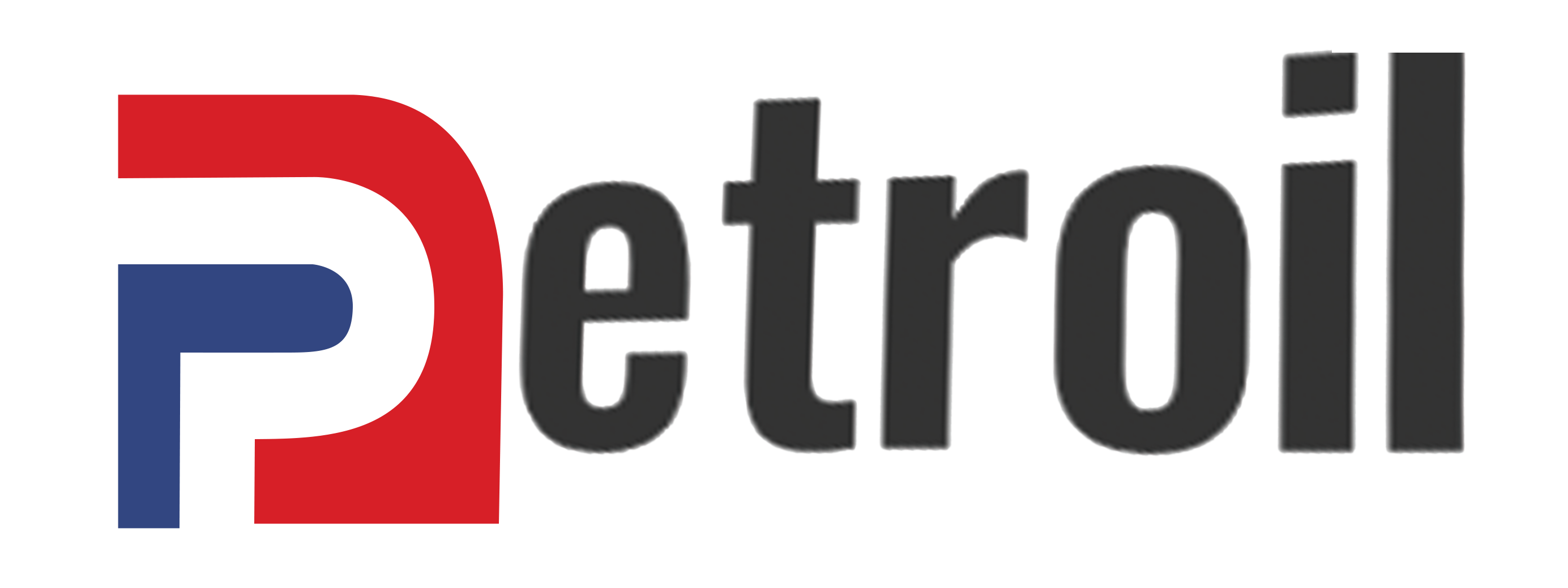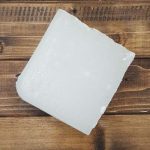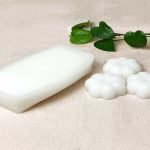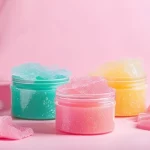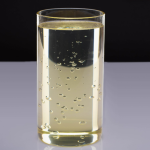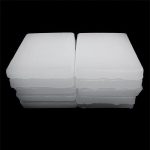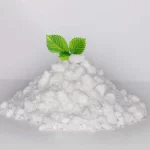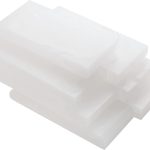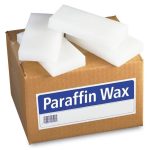Do you know what granular solid paraffin is and what specifications and applications it should have? This article highlights these important points to guide you in choosing this type of paraffin.
What is Granular Solid Paraffin and How is it Produced?
Granular Solid Paraffin is one of the widely used types of paraffin that is produced in the form of fine and uniform granules. This product is derived from refined crude oil derivatives and, due to its granular form, offers advantages
such as ease of transport, precise dosing, and uniform melting. Granular paraffin is mainly used in candle manufacturing, rubber, adhesives, packaging industries, and some cosmetic and hygienic applications.
Production Process of Granular Solid Paraffin
Extraction and Refining of Slack Wax:
The production process starts with the refining of slack wax. This raw material contains a high percentage of paraffin and petroleum impurities.
Separation and Purification:
Slack wax is refined through processes such as de-oiling and treatment with bleaching earth or hydrogenation to obtain solid wax with high purity. This stage is essential for removing residual oils and improving color and odor.
Melting and Granulation:
The purified paraffin is melted at a controlled temperature and then shaped into uniform granules through advanced cooling systems. This operation is usually carried out on fully automated lines to ensure uniform dimensions and
quality.
Packaging and Storage:
After cooling and drying, paraffin granules are prepared for market supply in industrial packaging. Due to their high stability and moisture resistance, this type of paraffin is also suitable for long-term storage.
Applications and Uses of Granular Solid Paraffin:
Due to its stable physical properties, high purity, and ease of use, granular solid paraffin is used in various industries. Below we examine the most important applications of this product:
1. Candle Manufacturing
Granular paraffin, due to its uniform melting, bright color, and lack of impurities, is considered an ideal option for producing various decorative, aromatic, industrial, and household candles. The granular form allows for precise dosage
control and improved production quality.
2. Rubber and Plastic Industries
In the rubber industry, granular paraffin is used as a softener, mold release agent, and enhancer of crack resistance and thermal aging. It is also used as a lubricant in the production of certain plastic compounds.
3. Adhesive and Resin Industry
In the production of hot-melt adhesives and some resins, paraffin plays a role as a thermal stabilizer and viscosity regulator. The granular structure facilitates melting and uniform distribution in the formulation.
4. Packaging and Coating
Granular paraffin is used in coating paper, cardboard, and cartons to make the surface waterproof and prevent moisture penetration. It is also used in indirect food packaging.
5. Cosmetic and Hygienic Industries
A special type of granular paraffin with high purity (food grade or cosmetic grade) is used in the preparation of moisturizing creams, lip balms, thermal masks, and paraffin therapy.
6. Match Manufacturing
In match production, paraffin is used as a combustion agent and flame stabilizer in the flammable part. The granular form facilitates the accurate distribution of material in the production line.
7. Agricultural Industries
In some fertilizer formulations or seed coating, granular paraffin is used to increase moisture resistance or control the release of nutrients.
Advantages of Granular Solid Paraffin Compared to Other Forms:
Compared to slab or molded paraffin, granular paraffin has several technical and operational advantages that make it a superior choice for professional manufacturers:
1. Easier Dosing and Control in the Production Process
The granular and uniform shape allows for accurate measurement and controlled addition to the formulation. This feature increases the precision of material mixing and reduces waste.
2. Faster and More Uniform Melting
The larger contact surface of the granules with heat leads to faster and more uniform melting compared to slab paraffin. This helps optimize time and energy consumption in production lines.
3. Ease of Storage and Transport
Granules are easily packaged and transported, occupy less space, and are less likely to break or chip, which is common in slab paraffin.
4. Reduced Workplace Contamination
Unlike paraffin slabs that create dust and fine particles when broken and used, granules produce the least amount of dust and contamination.
5. Suitable for Automated Production Lines
Granular paraffin can be directly fed into fully automated lines and is a completely economical and efficient choice in high-volume industries.
Important Points in Purchasing High-Quality Granular Solid Paraffin
Purity Level and Oil Content:
Depending on the type of use, the oil content should be specified and appropriate (e.g., less than 1% for hygienic applications or more for certain rubber industries).
Color and Transparency:
Paraffin with white transparent color and no unpleasant odor indicates high purity and proper refining.
Melting Point:
The melting point should match your industrial needs (e.g., 58–60°C for candle making or 62–64°C for special applications).
Proper Packaging:
Using laminated moisture-resistant bags or physically resistant packs preserves product quality during storage.
Why is Petroil a Reliable Choice?
With specialized experience in paraffin trading, Petrovil is a reliable supplier of granular solid paraffin with guaranteed quality, fast delivery, and competitive prices. By understanding the needs of manufacturers and traders, we offer
smart and flexible solutions in raw material supply.
With Petroil, experience confidence in purchasing and quality in production at the same time.
To place an order, receive a technical analysis, or get expert consultation, contact the Petro il sales team now.
il sales team now.
